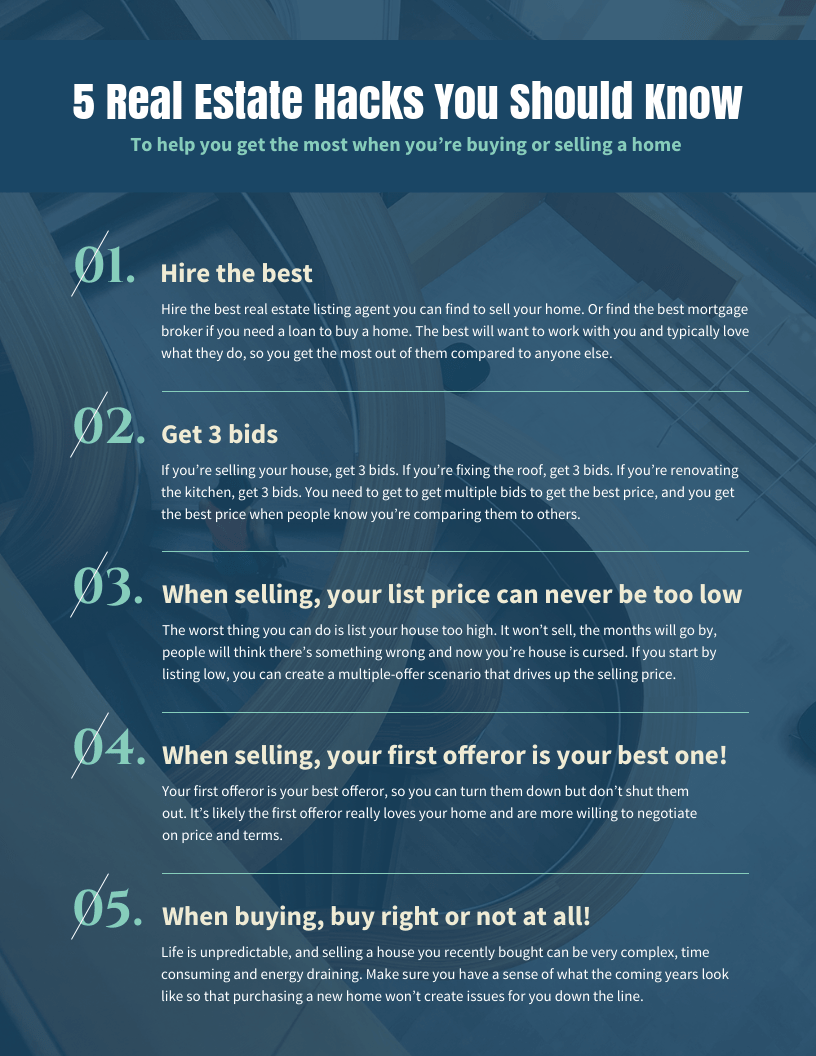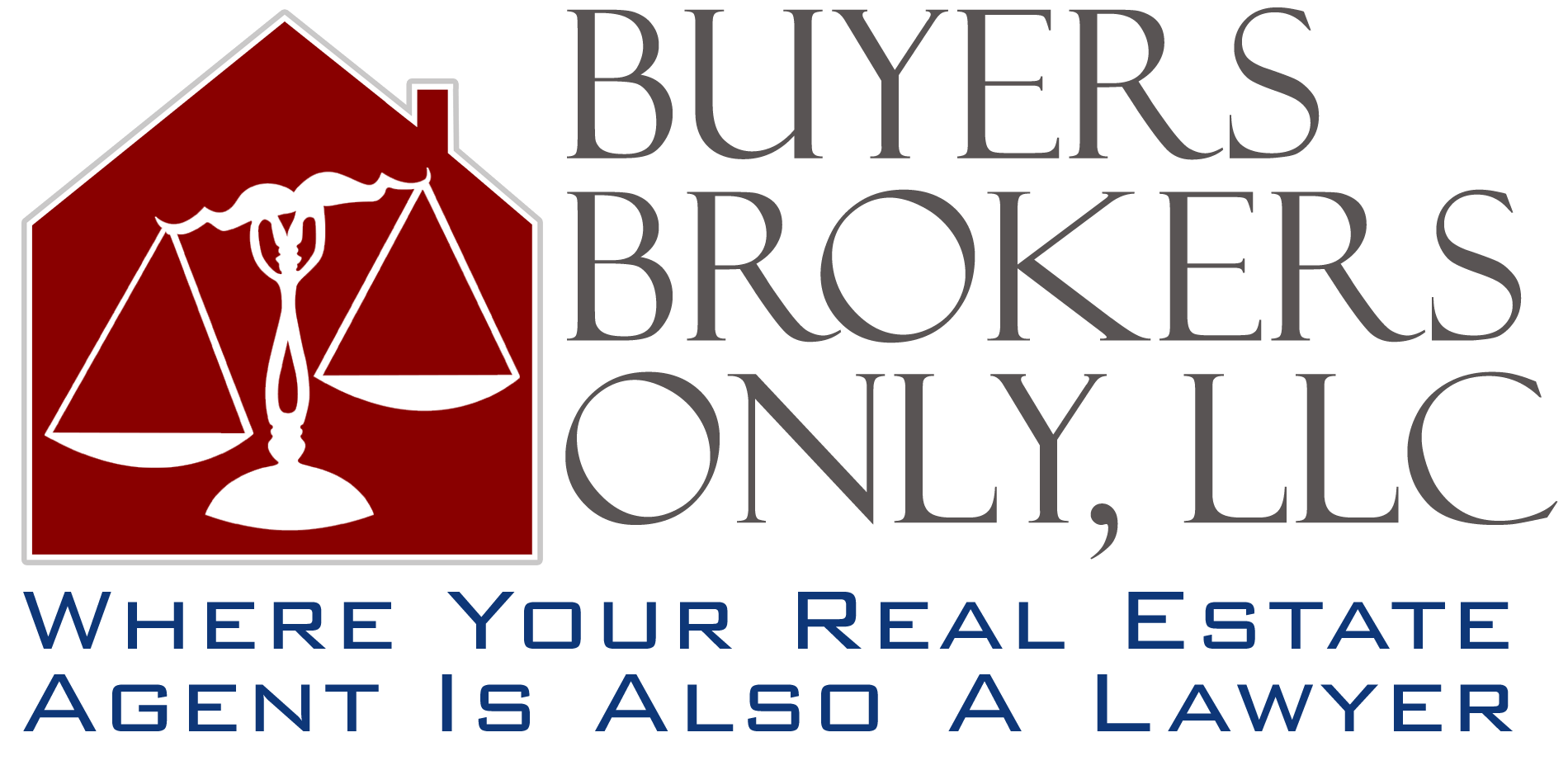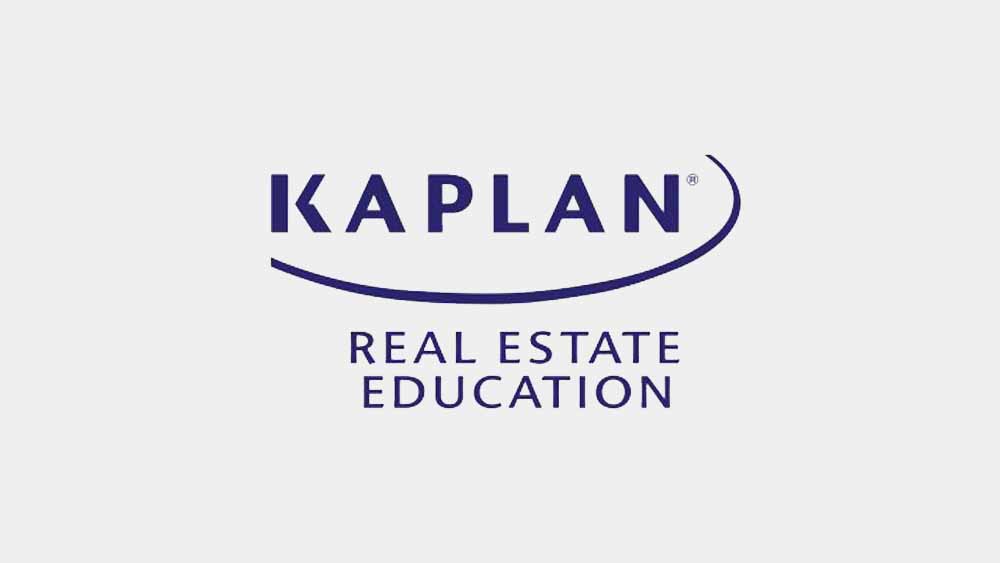
If you follow these key steps, getting a Minnesota real-estate license is quite easy. These are the requirements for Prelicensing education and the real estate exam. The cost is also included. You will also find helpful resources such as the StateRequirement Guide. Continue reading to find out more. These are some tips to ensure that the process goes smoothly. After you've read through the guides, you should be able to pass the exam on your first attempt.
Pre-licensing education
Minnesota's real estate licensing process requires that you complete at least 30 hours in pre-licensing training. Pearson offers a real estate course. This course includes a real estate dictionary and eBooks on the topic. Pearson VUE can help you apply for your license once you have completed your education. You will need to create an account and pay $63 to take the exam.
Two forms of identification are required to pass the real estate exam. The primary ID must be government-issued with your picture and signature on it. The second ID must also be valid and contain the same details. You will incur other expenses while taking the course. You can apply at the Minnesota Commercial Division Office to get your license. There you can get assistance and receive a diploma. If you want to sell Minnesota real estate commercially, you will need the standard Salesperson/Broker license.

Exam requirements
Understanding the requirements and the exam process is essential before you begin your career in realty. The process of granting permission for a person to practice real estate is called a license. Exams help ensure that they meet certain standards. It serves to protect the public by ensuring that anyone who practices real estate has the necessary qualifications and competence. Pearson VUE, a leader in assessment services, administers Minnesota's real estate licensing examination program.
Both the national and the state portion must be passed to earn your real estate license. The exams are administered at state-approved testing centers and are split into two portions - the state portion and the national portion. If you fail to pass the exam, you'll be found guilty of a gross misdemeanor. You can't work as a broker or real estate agent until you have the license.
Requirements to renew
To ensure your license is up-to-date you will need to complete continuing education courses. You can take advantage the many opportunities for continuing education, whether you're in the middle of a transaction or at the beginning of your renewal process. Minnesota requires that you take at least one continuing education class every two years. However, you don't have to take more. At least 90 hours should be spent on the courses. For Minnesota realty license renewal, you will need to complete at least 15 continuing education hours per year.
You must also complete at least 22.5 hours in approved continuing education courses. You should also take at least one continuing education course in real estate law, rules and court cases. You should take at least one hour course on fair housing and agency law. A training course that is specifically tailored for agents, brokers, or real estate agents can help you earn continuing education credits.

Cost
Minnesota licenses real estate agents only after you have completed 90 hours of prelicensing. It is possible to either take classes online or in a classroom setting. Online courses are usually the most affordable. Standalone courses can run you between $200 and $300. You must have two forms of identification to apply for a license in Minnesota. Your primary ID must be a government-issued one with a photo and signature. You will also need a secondary ID that is valid, with a photo and signature. Other fees will need to be paid in addition to your pre-licensing education.
The application fee in Minnesota includes a technology surcharge and a real estate education and research fund. It cannot be refunded if you do not fill out all of the forms. The application fee costs $110 and can also be paid with a debit or credit card. For a real license you need to have at least $50,000 in annual income and three years of experience in realizing property. Minnesota law requires you to be at least 18 years old. You must have a bachelor's degree or have obtained at least two years of college.
FAQ
What is a "reverse mortgage"?
A reverse mortgage is a way to borrow money from your home without having to put any equity into the property. It allows you access to your home equity and allow you to live there while drawing down money. There are two types to choose from: government-insured or conventional. If you take out a conventional reverse mortgage, the principal amount borrowed must be repaid along with an origination cost. FHA insurance covers repayments.
Is it better buy or rent?
Renting is generally cheaper than buying a home. However, renting is usually cheaper than purchasing a home. The benefits of buying a house are not only obvious but also numerous. You will have greater control of your living arrangements.
What are the disadvantages of a fixed-rate mortgage?
Fixed-rate loans are more expensive than adjustable-rate mortgages because they have higher initial costs. A steep loss could also occur if you sell your home before the term ends due to the difference in the sale price and outstanding balance.
Statistics
- This means that all of your housing-related expenses each month do not exceed 43% of your monthly income. (fortunebuilders.com)
- Some experts hypothesize that rates will hit five percent by the second half of 2018, but there has been no official confirmation one way or the other. (fortunebuilders.com)
- It's possible to get approved for an FHA loan with a credit score as low as 580 and a down payment of 3.5% or a credit score as low as 500 and a 10% down payment.5 Specialty mortgage loans are loans that don't fit into the conventional or FHA loan categories. (investopedia.com)
- When it came to buying a home in 2015, experts predicted that mortgage rates would surpass five percent, yet interest rates remained below four percent. (fortunebuilders.com)
- Private mortgage insurance may be required for conventional loans when the borrower puts less than 20% down.4 FHA loans are mortgage loans issued by private lenders and backed by the federal government. (investopedia.com)
External Links
How To
How to purchase a mobile home
Mobile homes are houses that are built on wheels and tow behind one or more vehicles. Mobile homes are popular since World War II. They were originally used by soldiers who lost their homes during wartime. People who want to live outside of the city are now using mobile homes. These houses come in many sizes and styles. Some houses are small while others can hold multiple families. You can even find some that are just for pets!
There are two main types of mobile homes. The first is made in factories, where workers build them one by one. This takes place before the customer is delivered. Another option is to build your own mobile home yourself. First, you'll need to determine the size you would like and whether it should have electricity, plumbing or a stove. Next, ensure you have all necessary materials to build the house. The permits will be required to build your new house.
Three things are important to remember when purchasing a mobile house. You may prefer a larger floor space as you won't always have access garage. A model with more living space might be a better choice if you intend to move into your new home right away. Third, make sure to inspect the trailer. It could lead to problems in the future if any of the frames is damaged.
It is important to know your budget before buying a mobile house. It is important to compare the prices of different models and manufacturers. Also, take a look at the condition and age of the trailers. Although many dealerships offer financing options, interest rates will vary depending on the lender.
It is possible to rent a mobile house instead of buying one. You can test drive a particular model by renting it instead of buying one. Renting is expensive. Most renters pay around $300 per month.